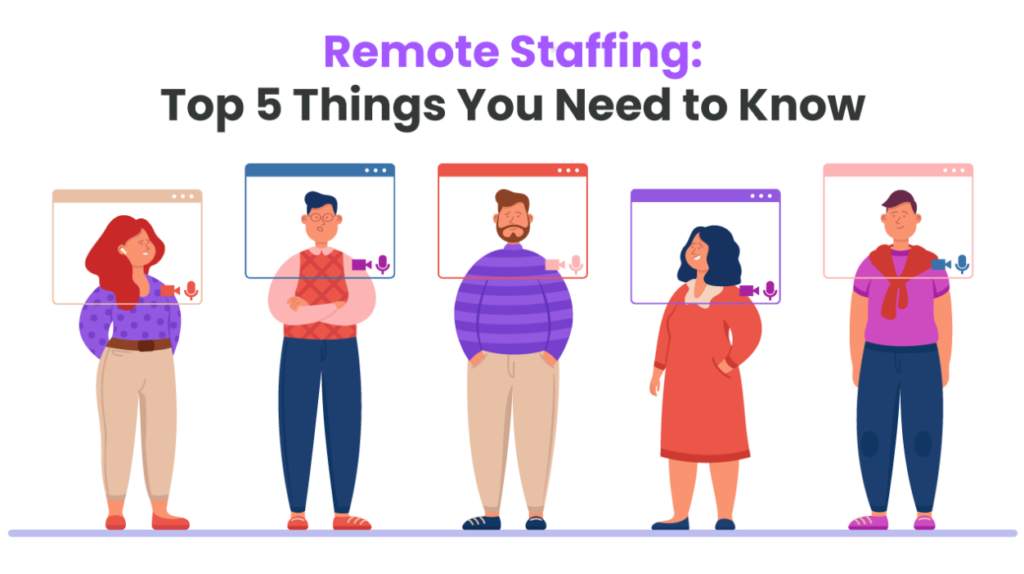Globalization is the process of growing economic and cultural interaction among individuals, businesses, and governments around the world. It refers to strengthening international ties and trade, as well as lowering cultural and economic barriers between countries. Trade barriers have included high tariffs (import fees), border controls, and variations in legislation and standards.
When the world shrinks, so does business. With the advancement of technology and globalization, new business opportunities emerge virtually exponentially. While this is wonderful for businesses, it also requires considerable strategic thought in order to expand with little risk and maximum gain.
Several factors have contributed to globalization, including:
- Advancements in technology and transportation
- The decreasing expenses of international travel and communication.
- The fading importance of national sovereignty
- An rise in the number of ethnolinguistic minority groups migrating to other countries
ALSO READ: Top 5 Pros And Disadvantages Of Social Media Marketing

The Internet, apps, and technologies such as 4th and 5th generation AI, machine learning, and natural language processing allow small enterprises to compete on a global scale. Because of trade agreements and globalization, all enterprises and organizations that were once limited to a single geographic area now play an increasingly important part in the global economy. However, greater markets do not just mean more customers. There are numerous barriers to ‘going global’, particularly for startups and small business commerce.

This business blog article focuses on how exactly globalization effects small firms around the world, including:
- Access to new markets
- Staff
- Competitivenes
1. Access to The Global Market
Lower trade barriers boost small firms by allowing them to contact previously inaccessible customers in different regions of the world. Selling products to customers in foreign nations can help a small firm thrive, especially if the products are in demand there. Communication between countries has never been easier because to technological advancements. You can now execute customer support, marketing, and sales operations in foreign countries without requiring a physical presence. As a result, the costs of doing business globally can be greatly reduced.

Every consumer may now go into their pocket, pick out their smartphone, and purchase the products or services you and other small businesses offer. This has the potential to significantly enhance any small business’s revenue above what it could generate prior to globalisation. Use this product costing template to thoroughly grasp the cost of your products so you can ensure the consumer gets the best price from you while also making a profit for your business.
2. Supply chains are global
Products created or assembled by a local business are frequently moved across national borders. Phones, clothing, and even food are produced in other countries. The rise of globalization has made it simpler for these economic partnerships to transcend national boundaries. Furthermore, technological advancements have made cross-border supply chains easier to handle, particularly when the provider is based in another country.

3. Remote Staffing
Another aspect of globalization has been the availability of remote staff, sometimes known as remote workers. Not long ago, startups and small enterprises required a workspace for their employees. Enterprises can now hire employees and freelancers from anywhere in the world. Technology can help you identify skilled people in other parts of the world who may be difficult to find locally. This applies to a variety of skill sets, including engineers, designers, content providers, and salespeople. Finding the proper individuals for your business might be easier and less expensive if you cast a wide net beyond your own country.

Technology
Continuing with the impact of technology, examine how transformative Industry 4.0 technology is with its cloud computing, AI, automation, and collaboration capabilities. Security is a top consideration for businesses that employ remote workers. Accessing corporate systems remotely is a vulnerability that fraudsters are aware of and actively seek to exploit, but there are security measures that businesses may implement to prevent cyberattacks.

Another alternative for globalization is to outsource additional commercial operations, such as marketing and back office. Instead of hiring domestically, organizations frequently use digital marketing agencies or website developers from offshore. The cost savings enable startups and small businesses to compete with large corporations.
4. Competition from Around the World
Competition is next on the list. As globalization accelerates, more enterprises enter the market. Because of the previously mentioned accessibility, small businesses all around the world face a lot more competition.

There will most likely be ten other firms selling similar products to the one you are trying to sell. To remain competitive, businesses must enhance product quality and cut pricing. Otherwise, companies risk being forced out of the market due to the fierce worldwide rivalry. To stay ahead of the competition, follow foreign exchange headlines and other financial news providers.
5. A Business Equalizer
Globalization has made everything more equal. The Internet provides every business with access to marketing tools, business knowledge, and other resources that can help them compete with larger and more established enterprises. That helps to explain why Uber and other internet behemoths grew so quickly. The corporate world is much more egalitarian now, allowing small enterprises to grow in ways they couldn’t before.

Summing Up
Understanding how globalization affects startups and small businesses around the world provides an opportunity. Globalization has several advantages for small enterprises. One advantage is the opportunity to access new markets. A small business can expand by offering items and services to customers in other regions of the world, particularly if it provides something that those countries desire.

Small firms can also profit from technical advancements that make overseas operations more convenient and cost effective. The internet, in particular, has made it easier to identify the perfect personnel for the job, whether in your home country or elsewhere in the world. Finally, small firms can network with other businesses and people in their field, or join online groups to learn from others.
Click here to check out the latest post on Instagram.
Also read: Top 5 Podcasts Every Future Business Owner Should Listen To
image source: google




































